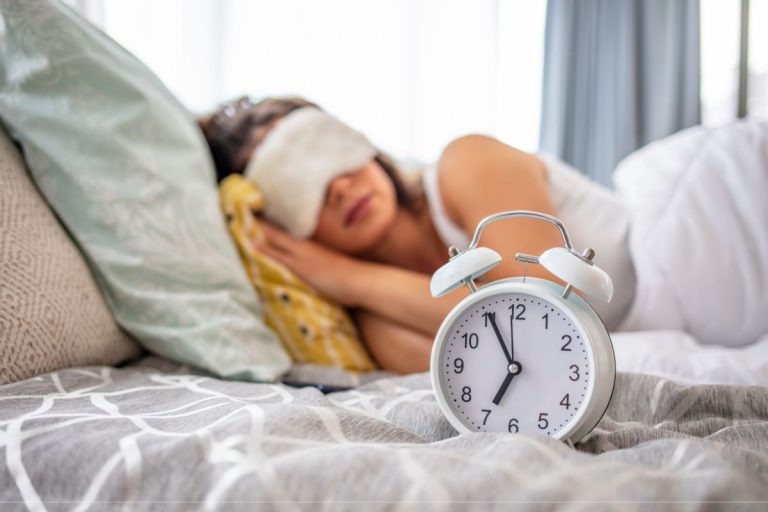A Good Night's Sleep is Waiting
Without enough rest, you can feel tired, stressed and even sick. Do you know what can help? Xywav! It's a prescription medication used to treat hypersomnia and narcolepsy.
Treatment Options for Better Sleep
1. Set a Sleep Routine
Having a regular sleep routine helps your body know when it’s time to sleep.
- Go to bed and wake up at the same time every day: Even on weekends, try to keep the same schedule.
- Create a relaxing bedtime routine: Activities like reading a book, stretching or listening to calm music can help you unwind.
Related Search Topics (Ads)
Related Products
2. Change Your Diet
What you eat and drink affects your sleep quality.
- Avoid caffeine and sugar late in the day: These can make you feel alert and prevent you from falling asleep.
- Eat a light snack before bed if you’re hungry: Choose a banana, yogurt or nuts, which contain nutrients that support better sleep.
3. Try Natural Supplements
Some people find that natural supplements help them sleep better.
- Melatonin: A hormone that helps you feel sleepy. Taking a small dose about an hour before bed can help, especially if you have trouble falling asleep.
- Magnesium: A mineral that calms your mind and body. You can find magnesium supplements at health stores.
4. Create a Comfortable Sleep Environment
Your bedroom can make a big difference in how well you sleep.
- Keep it dark and quiet: Use curtains to block light and a white noise machine if you need to drown out sounds.
- Set the temperature to cool: Most people sleep better in a room that’s slightly cool, around 65°F (18°C).
- Choose comfortable bedding: A good mattress and pillows that support your body make a huge difference in sleep quality.
5. Try Relaxation Techniques
Calming your mind before bed can help you fall asleep faster.
- Deep breathing: Take slow, deep breaths to relax your mind and body.
- Meditation or visualization: Imagine a peaceful place or listen to a guided meditation to help your mind focus on relaxation.
- Progressive muscle relaxation: Tense and relax each muscle group, starting from your toes up to your head.
6. Limit Screen Time Before Bed
Phones, tablets and TVs emit blue light that can keep you awake.
- Turn off screens an hour before bed: This helps your body start producing melatonin naturally.
- Use blue light filters: If you must use your devices, set them to night mode to reduce blue light exposure.
7. Exercise Regularly
Exercise helps you sleep better, but timing matters.
- Try to exercise in the morning or afternoon: Exercise in the evening can keep you awake.
- Light activities like stretching or yoga can be done later: These activities can relax your body without waking you up.
8. Talk to a Doctor if Needed
If you still have trouble sleeping, a doctor can help.
- Sleep medications: Your doctor may suggest a short-term medication to help you sleep.
- Cognitive Behavioral Therapy for Insomnia (CBT-I): This therapy helps you change thoughts and behaviors that keep you from sleeping.
Xywav
Xywav is a prescription medication used to treat excessive daytime sleepiness and cataplexy (sudden muscle weakness) in people with narcolepsy. It is also approved for treating idiopathic hypersomnia, a rare sleep disorder where people experience extreme, often uncontrollable sleepiness.
Xywav contains a combination of salts that help regulate sleep patterns, promoting more restful nighttime sleep and reducing daytime sleepiness. Because of its specific dosing schedule and the potential for side effects, it must be taken under strict medical supervision.
Back to a Healthy Sleep Routine
Improving your sleep doesn’t have to be hard. With these simple steps, you can create a healthy sleep routine that helps you rest better. Remember, even small changes can make a big difference!

